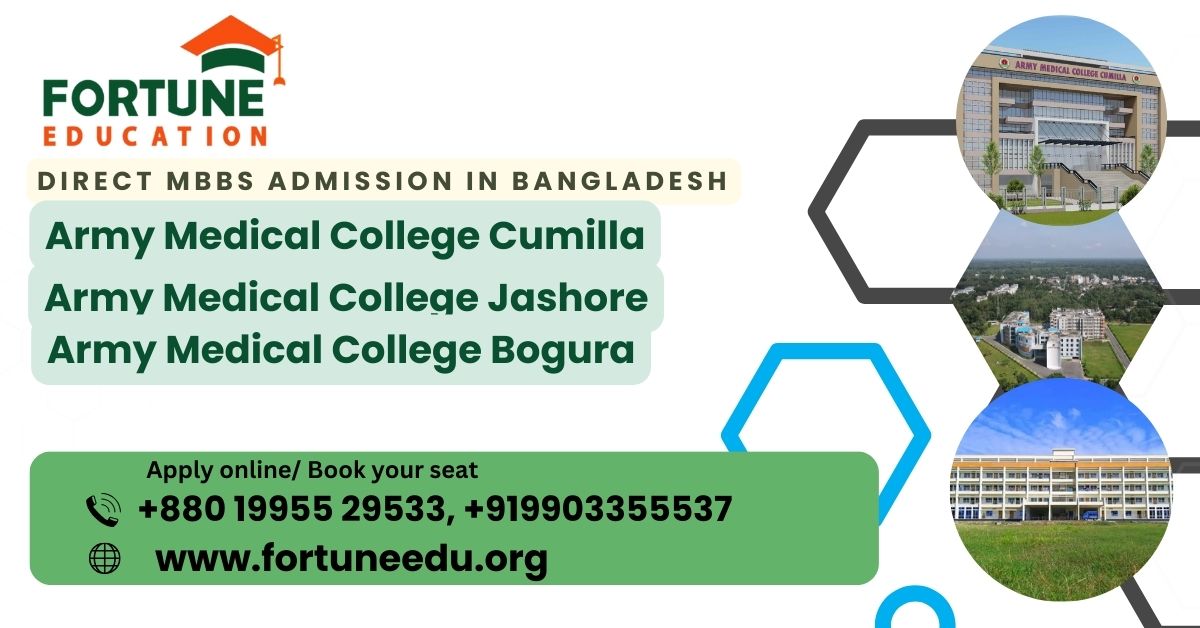Pursuing an MBBS degree is a significant decision for aspiring doctors, and choosing where to study—whether in India or abroad—can have a profound impact on one’s career path, financial situation, and overall educational experience.
Comparing MBBS in India vs Abroad
Here’s a comparison of the pros and cons of studying MBBS in India versus abroad to help make this crucial decision clearer.
Comparing MBBS in India vs. Abroad: Pros and Cons
MBBS in India
Pros:
- Recognition and Quality: Medical degrees from India are highly recognized, especially in the Indian subcontinent. The Medical Council of India (MCI) ensures that medical colleges meet specific quality standards.
- Cost-Effectiveness: Studying MBBS in government colleges in India is significantly cheaper compared to many countries, due to subsidies provided by the government.
- Cultural Familiarity: For Indian students, studying in their home country means there’s no cultural barrier, and they can communicate effectively in their native language, especially beneficial during clinical rotations.
- Competitive Environment: The highly competitive environment of medical colleges in India often pushes students to perform their best.
Cons:
- High Competition: Securing a seat in a government medical college is extremely competitive due to the vast number of aspirants and limited seats. The NEET (National Eligibility cum Entrance Test) is highly competitive.
- Higher Fees in Private Colleges: Private medical colleges in India can be expensive, with fees significantly higher than government colleges.
- Infrastructure and Resources: While top medical colleges in India have excellent infrastructure, some colleges may lack the latest technology and resources compared to their international counterparts.
MBBS in Abroad
Pros:
- Easier Admission Process: Countries like Russia, Ukraine, China, and the Philippines have less stringent admission processes for international students, making it easier to secure a seat.
- International Exposure: Studying abroad offers exposure to different healthcare systems, cultures, and medical practices, broadening a student’s perspective.
- No Donation or Capitation Fees: Many countries do not require donations or capitation fees for admission to their medical programs, unlike some private colleges in India.
- Global Opportunities: A degree from a reputed international medical college can open doors to global career opportunities, subject to clearing the respective country’s licensing exams.
Cons:
- Cultural and Language Barriers: Adjusting to a new country’s culture and language can be challenging and may impact a student’s ability to learn effectively, especially if the course is not in English.
- Recognition of Degree: Degrees from some foreign medical colleges may not be recognized in India without clearing the Foreign Medical Graduate Examination (FMGE).
- Cost: While tuition fees may be lower in some countries, the overall cost of living abroad can make studying MBBS more expensive than in India.
- Quality of Education: The quality of education can vary widely between countries and institutions. Some may not meet the standards expected by Indian medical authorities.
The decision to study MBBS in India or abroad should be based on a thorough evaluation of one’s career goals, financial situation, and personal preferences. Studying in India offers the advantage of cultural familiarity and recognized quality, but with intense competition for seats.
Studying abroad provides easier admission processes and international exposure but comes with its own set of challenges, including potential cultural and language barriers and the need to navigate the recognition of the degree back home. Prospective students should research specific countries and institutions, considering factors such as the curriculum, language of instruction, clinical exposure, and post-graduation opportunities.
Army Medical Colleges in Bangladesh
Army Medical Colleges in Bangladesh represent a significant segment of the country’s efforts to provide high-quality medical education combined with the discipline and values of military life. These institutions are dedicated to producing competent, ethical, and skilled healthcare professionals capable of serving both in military and civilian capacities. Here’s an overview of the Army Medical Colleges in Bangladesh, highlighting their key features, objectives, and contributions to medical education and healthcare services.
Overview of Army Medical Colleges in Bangladesh
The establishment of Army Medical Colleges in Bangladesh is part of the Bangladesh Armed Forces’ initiative to enhance medical education and healthcare services in the country. These colleges are affiliated with the Bangladesh University of Professionals (BUP), ensuring a standardized curriculum that meets both national and international standards. The primary aim is to equip students with comprehensive medical knowledge and practical skills, preparing them for the challenges of the medical profession.
Key Features
- Military Discipline and Values: One of the unique aspects of these colleges is the integration of military discipline into the medical education framework. This approach fosters leadership, integrity, and a strong sense of duty among students.
- Quality Education: The colleges offer a Bachelor of Medicine, Bachelor of Surgery (MBBS) program designed to provide a solid foundation in medical sciences, combined with extensive clinical practice.
- State-of-the-Art Facilities: Students have access to modern classrooms, well-equipped laboratories, and libraries stocked with the latest medical journals and books. Clinical training is conducted in affiliated military and civilian hospitals, providing valuable hands-on experience.
- Research Opportunities: These institutions encourage research activities, allowing students and faculty to contribute to the advancement of medical science and healthcare practices.
- Community Service: Students participate in various community service and public health initiatives, reinforcing their commitment to serving society.
List of Army Medical Colleges in Bangladesh
- Army Medical College, Dhaka: The flagship institution located in the capital city, offering state-of-the-art educational and clinical training facilities.
- Army Medical College, Comilla: Known for its comprehensive MBBS program and commitment to producing skilled medical professionals.
- Army Medical College, Chittagong: Offers excellent medical education and training in the country’s port city, with access to diverse clinical experiences.
- Army Medical College, Bogura: Aims to provide quality medical education and healthcare services in the northern region of Bangladesh.
- Army Medical College, Jessore: Focuses on producing competent healthcare professionals equipped to serve in various healthcare settings.
Admission Process
Admission to the Army Medical Colleges in Bangladesh is competitive, with candidates required to pass an entrance examination. Prospective students must also meet specific academic criteria and undergo a selection process that evaluates their suitability for a career in military medicine. The admission process is transparent, merit-based, and designed to select candidates who demonstrate the potential to excel in both medical education and military discipline.
Career Prospects
Graduates from Army Medical Colleges are eligible to serve as medical officers in the Bangladesh Armed Forces. Additionally, they can pursue careers in various civilian healthcare settings, both within Bangladesh and internationally, subject to meeting the respective licensing requirements. The rigorous education and training provided by these colleges prepare graduates to excel in diverse medical and healthcare roles.
Army Medical Colleges in Bangladesh play a crucial role in enhancing the country’s medical education landscape. By combining high-quality medical training with military discipline, these institutions prepare students for the dual role of healthcare providers and military officers, contributing significantly to the nation’s healthcare services and national security.

